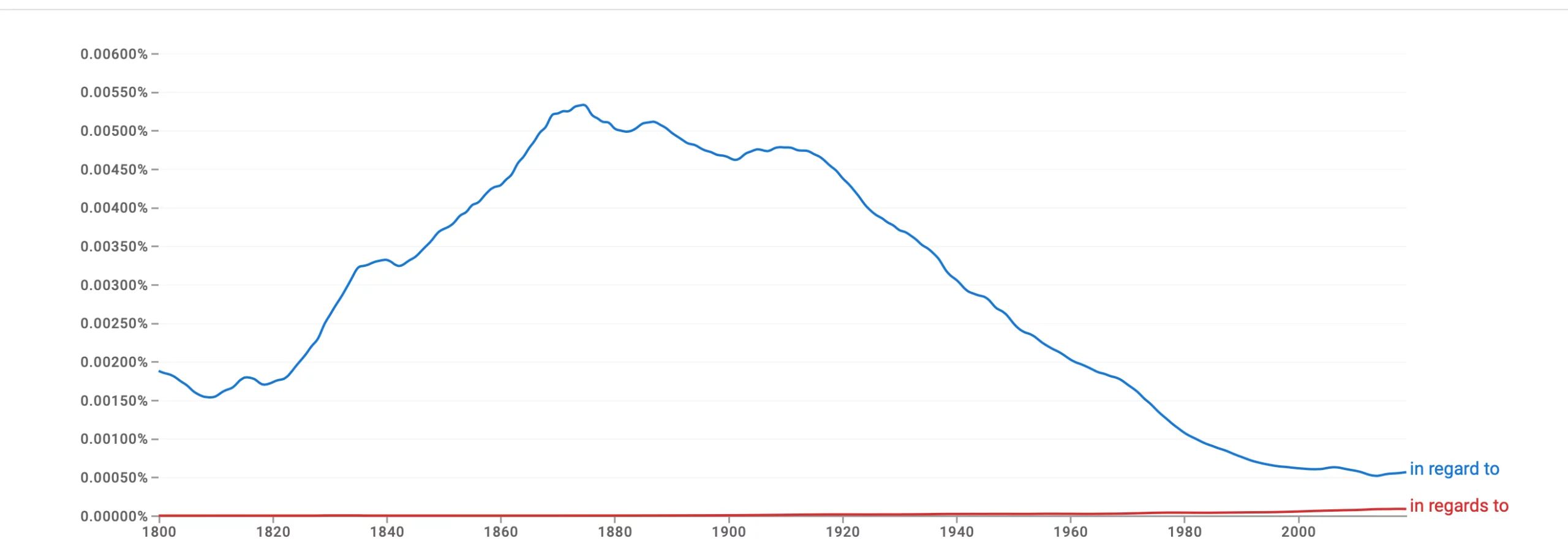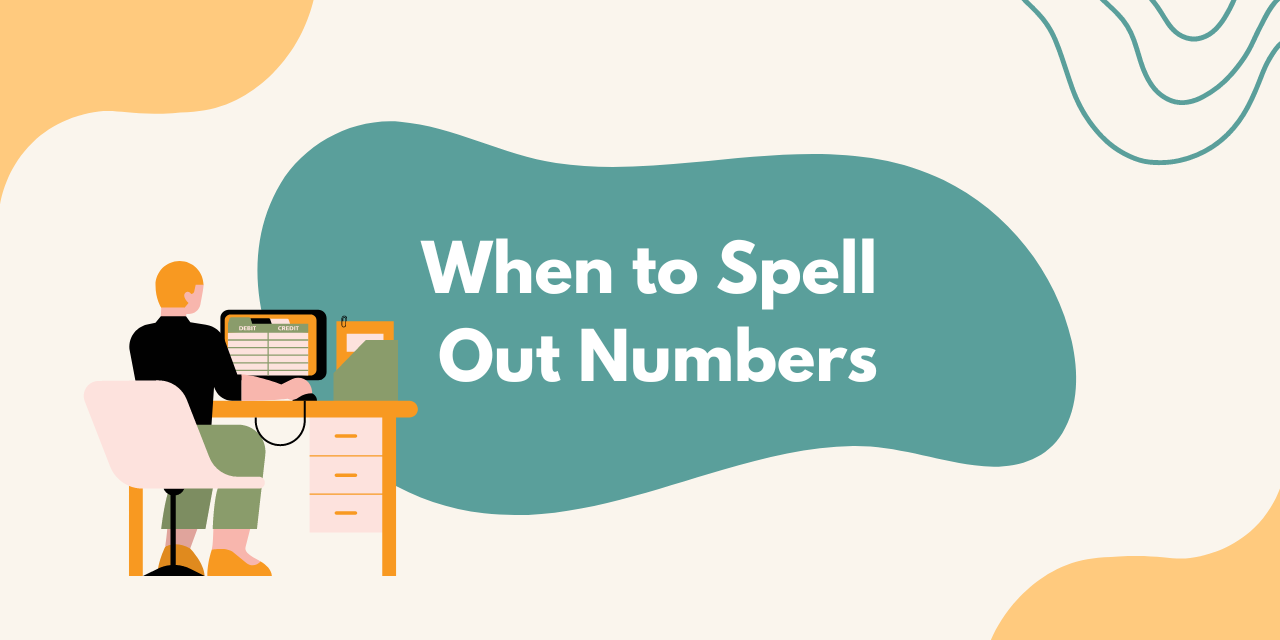There is a bad habit among writers to use ornate phrases where a single word will do. The English language is full of such terms. Sometimes, there can be multiple variations of the same phrase. An example of this is in regard to and in regards to.
Let’s dig in a bit concerning these phrases. We will discuss the difference between them and whether you should use them in your writing.
Differentiating In Regards To vs In Regard To
To help you differentiate between in regard to and in regards to, I will explain how they differ and provide illustrative sentences to show you how to use them.
Moreover, I will offer a simple mnemonic device to help you tell them apart. With this easy trick, your writing process should become a little quicker.
Using In Regard To
Firstly, let’s discuss the meaning of the phrase in regard to. It is a prepositional phrase used primarily to introduce the main topic or tertiary information in a sentence. In this sense, it functions similarly to prepositions like about, for, or in.

Here are some examples of in regard to used correctly in sentences.
- Example: In regard to the board’s concerns, we are providing detailed reporting for all of our finances.
- Example: The senator has already spoken candidly in regard to her recent absence.
Please note that, while there are many variations of this phrase, in regard to is the widely-accepted standard spelling. There are some passable substitutes for it, like with regard to.
However, one-word alternatives like regarding, about, for, and in are considerably shorter. You should consider using them in place of in regard to whenever possible.
Using In Regards To
Now that we have clarified in regard to, what about in regards to?
Essentially, in regards to means the same thing as in regard to. It is a variant spelling. However, most writers and educators consider it less correct. When writing a formal essay or correspondence, you should default to in regard to.

To reiterate, we recommend you use regarding, about, for, and in whenever possible.
Also of note: in regard to is used significantly more in writing than in regards to. Bryan Garner of Garner’s Modern English Usage estimates that the singular phrase is used 13 times more frequently than the plural phrase. You can see this reflected in the Google Ngram graph below:

How to Differentiate the Phrases
If a single word preposition does not work for a sentence, we advise you to use in regard to instead of its plural counterpart. In regards to is a non-standard phrase. It will seem informal or even erroneous in writing.
Here is a mnemonic to remember which phrase to use in formal writing. The only difference between in regard to and in regards to is the letter s. Think of that s as standing for silly. This will help you remember that the s phrase is frivolous and informal. It would be best for you to avoid it.
The Takeaway
Remember that while in regard to and in regards to have identical meanings, you should always use in regard to informal writing. In regards to is a casual, non-standard construction that doesn’t belong in your written work.
However, you should try to use a one-word preposition like regarding, about, for, and in. All of these are more effective than in regard to.
Further reading:
Empathic Vs. Empathetic: Which is Correct?






